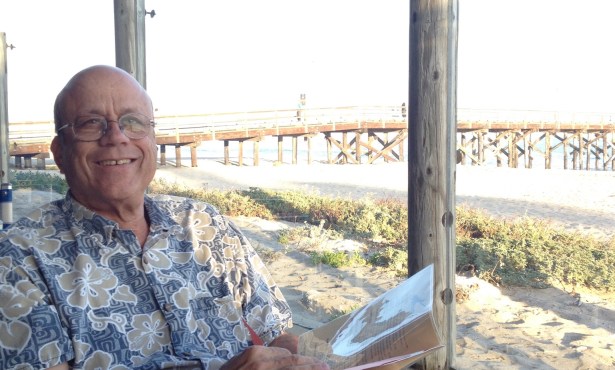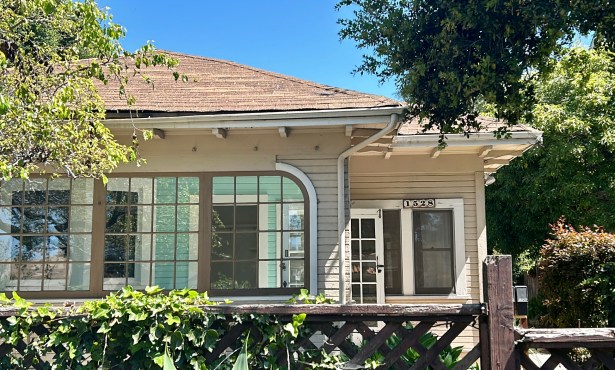Of Parliaments and Hobbits
More Dispatches from the Other Summerland
I’ve been in New Zealand for two weeks this time out, in that weird in-between space where you’re outside the U.S. and yet still feeling attached — looking in as an alien at both your own society and the one you’re visiting. So, for example, I get the PBS NewsHour here, but I’m also watching parliamentary election debates among the “minor party” candidates. New Zealand’s electoral system is currently based on MMP, which stands for Mixed Member Proportional representation. MMP is a “multi-vote” system that separately elects both individual candidates and party representatives and actually gives third, fourth, and fifth parties a role in government. (A confession: I tried to write about MMP and found myself desperately confused and needing a glass of wine — so you’re getting this column instead.)

Some snippets of the strangeness that comes from being in-between:
The two major political parties here, National (read: Republican) and Labour (read: Democrat), are eerily similarly to our two major parties, with the former wanting to downsize government in favor of free markets and the latter wanting more borrowing to stimulate the economy. The miraculous difference is that both parties embrace limited socialism as a norm and a necessity. By which I mean that no one here is arguing about government control of health care because single-payer health care is a given. Access to affordable treatment is considered a fundamental human right.
Now, that is not to say that everyone has easy access: There are waiting lists for some procedures, often months long. But in America, inability to pay imposes its own waiting list — you wait for your care until you can afford to pay it, or until you are so sick that you get it, then go into debt and lose everything you own. No one in New Zealand goes bankrupt and homeless because of medical care — and no one here can believe it when I explain that it’s a commonplace in the U.S.
Kiwis (as New Zealanders call themselves, after the nearly extinct flightless nocturnal bird — an odd choice of mascot) have a very different attitude toward the whole celebrity thing, too. In New Zealand, if you stand out for any reason, you are likely to become the victim of Tall Poppy Syndrome — in which the tall poppy gets mown down precisely because of its visibility. This includes those who engage in political activism. Getting your name in the papers for vociferous advocacy (except maybe for saving children or being nice to puppies) is likely to work against, not for you. My neighbor here, an ex-pat American uninhibited by fear of media attention, is widely mistrusted for her seeming self-promotion. (I flirted with this danger a few years ago after appearing on the front page of the Nelson Mail, in a naked-fat-lady suit, on behalf of the World Naked Bike Ride. But my reputation as a sheep rustler, the result of rescuing an orphaned newborn lamb, has given me a Crazy Animal Lady exemption.)
The whole Tall Poppy thing means that Kiwis play a kind of pretend-not-to-care game re: celebrity — including current filming of The Hobbit here. The fact that the movie is being made in New Zealand is a big deal, don’t get me wrong. The financial advantages, in the form of jobs during and tourism after, persuaded the government to give the production huge tax incentives and a pass on certain labor laws. Everyone knows it’s happening, but they do the whole so-what blasé thing when it comes up.
The Hobbit is filming here in Golden Bay this week; it’s well known that there are “hobbits” housed at various B&Bs and other accommodations, and there has been a flurry of helicopter activity overhead each day. Yet locals make a point of not talking about this. In this way, I guess they are like Santa Barbarans, except that we act too-cool-to-care because we are inundated with Hollywood types and have lost our virgin enthusiasm for them. For Kiwis, it’s the principle of the thing: Don’t give those Hobbit folks the notion that they are important enough for special attention.
So maybe the weakness behind Americans’ celebrity obsession is also the basis of our strength: We do value people who stand out and speak up, and we won’t cut someone down for taking a leadership role. Although it would be nice if we could distinguish between, say, Kim Kardashian and Elizabeth Warren.



